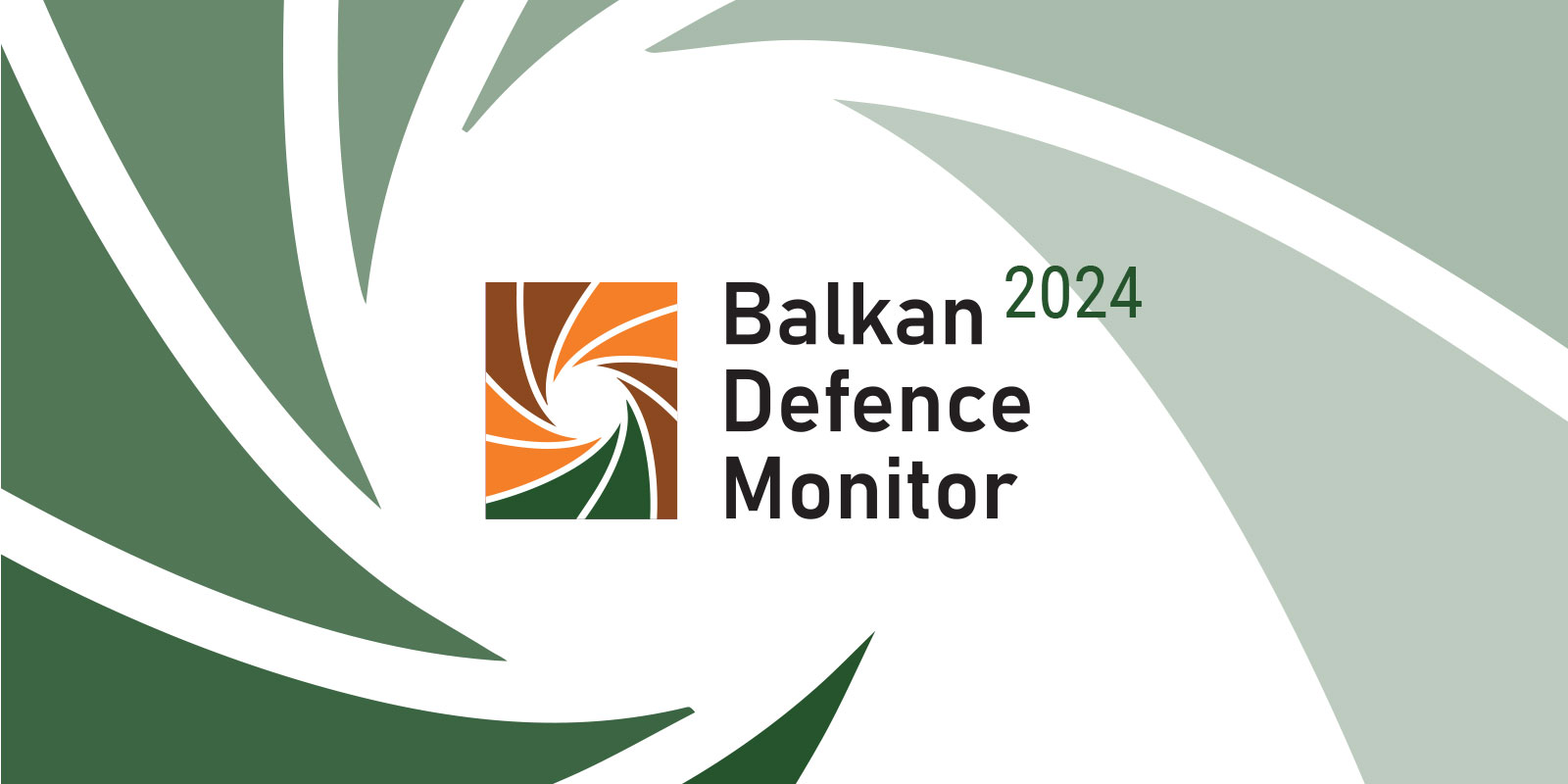PUBLICATION: Analysis
Pandemic Management – Lessons Learned for a Safer Future
How the pandemic was managed in Serbia and what are the recommendations for better coping in similar situations in the future, read in the analysis made by BCSP in cooperation with the Union of Doctors and Pharmacists of Serbia.
The political and social context in which the pandemic management in Serbia is analysed is marked by a drastic decline in the level of democracy in the country, as well as the strengthening of authoritarian tendencies in the state and society within the process of “capturing the state” by the ruling elite. Unfortunately, Serbia cannot boast of successful results, especially if we take into account the number of deceased citizens, as well as the low level of vaccination compared to European Union countries. The number of deceased citizens in 2021 is as much as 18 percent higher than in the same period in 2020. Statistical data show that in 2021, most people died in Serbia within one year since the end of World War II. These data speak volumes about the results of the crisis management caused by the COVID-19 epidemic in Serbia.
In this analysis, the focus is on two aspects of pandemic management – the legal aspects of crisis management and the health system’s readiness to deal with the crisis. The analysis was created within the framework of informal cooperation between the Belgrade Centre for Security Policy and the Union of Doctors and Pharmacists of Serbia. The author of the paper on the legal aspects of pandemic management is a lawyer from the Union of Doctors and Pharmacists Milja Dimitrijević, while the part about the capacities of the health system was written by Dr. Rade Panić, the President of the Union of Doctors and Pharmacists.
The analysis was created within the survey that was conducted from October 2021 to March 2022. Precisely because of that, some data in the analysis were presented during the writing of the analysis itself, which were relevant during the research and writing the analysis (for example, when writing about the number of infected citizens, or the number of deceased doctors). Finally, the analysis concludes with certain recommendations necessary to improve the management of the COVID-19 pandemic, but possibly some other pandemics in the future.
This publication was created within the project of the Belgrade Open School “Dialogue of Changes,” which is implemented with the financial support of the European Union. The views and opinions of the authors presented in this publication do not represent the official views of the European Union or the Belgrade Open School, and the author is solely responsible for them.
PDF PREVIEW
RELATED

Date: 26.03.2025.
Author: Isidora Stakić |
Human rights defenders are people who act, individually or jointly, to advance human rights and fundamental freedoms and fight for their protection at the local, national and international levels.

Date: 13.06.2024.
Author: Jelena Pejić Nikić | Predrag Petrović |
There are many findings of domestic and foreign research organisations that unequivocally indicate that Serbia is a captured state, with a hybrid political regime. Security institutions play a major role in the capture of the state and the collapse of democracy in Serbia, as well as in preserving the situation the way it is.

Date: 27.02.2024.
Author: Belgrade Centre for Security Policy |
We present you the new Balkan Defence Monitor - independent and comprehensive source of information regarding defence topics in the region.



